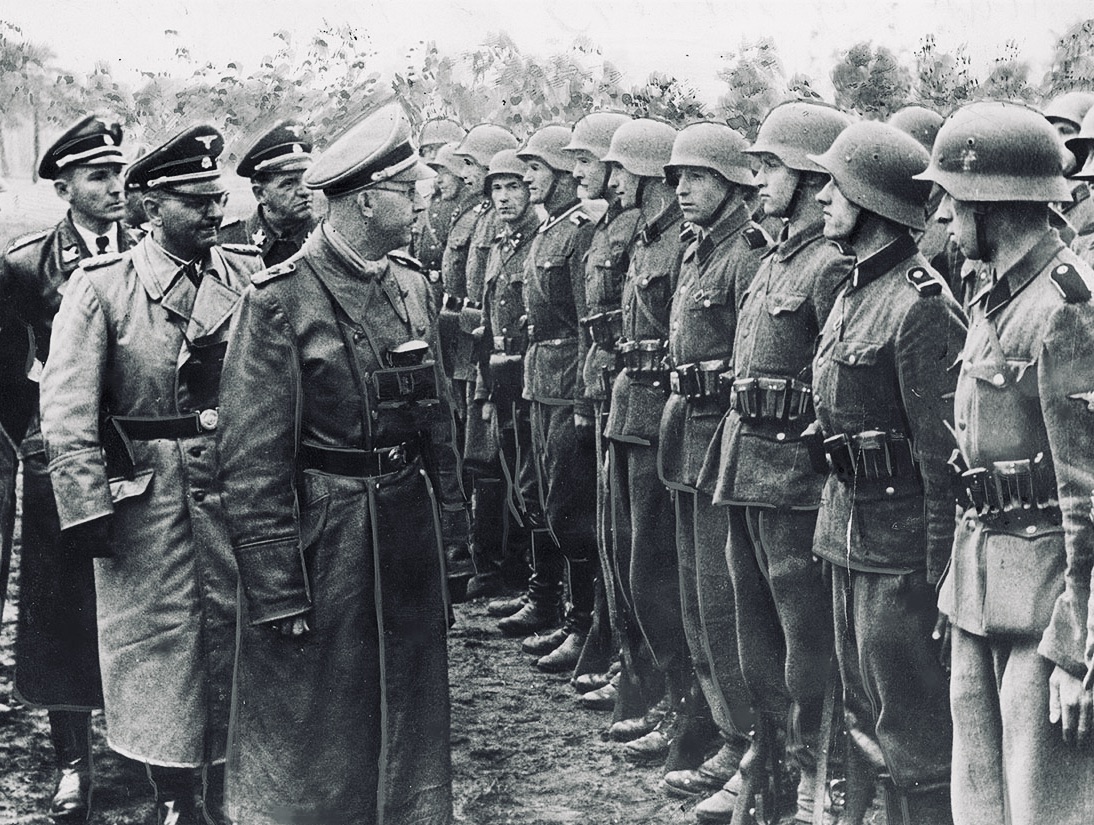Canadian Prime Minister Justin Trudeau waited nearly a week before releasing a belated apology for the horrendous and avoidable mixup that brought shame to Canada, resulted in the resignation of the Speaker of Parliament, and presumably embarrassed Ukrainian President Volodomyr Zelensky, Ukraine’s first Jewish head of state and a Jew whose relatives were murdered during the Holocaust.
Trudeau issued an apology only after the leaders of the Conservative, NDP and Bloc Québécois opposition parties pressured him to do so.

He should have taken responsibility and apologized immediately following the uproar caused by the appearance of Yaroslav Hunka — a 98-year-old veteran of the Waffen SS Galicia Division — in the House of Commons.
It was there that Hunka was fulsomely praised as a “Ukrainian hero” and a “Canadian hero” by Speaker Anthony Rota and given two standing ovations by Trudeau, parliamentarians in the House of Commons, Zelensky and his wife, and guests in the gallery.
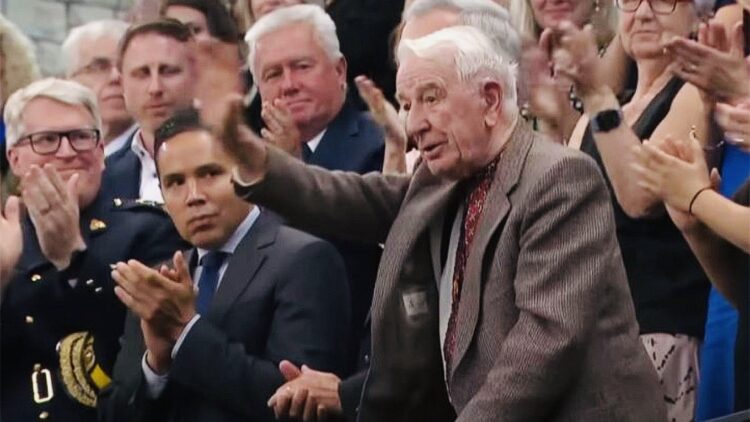
But once Hunka had been exposed as a fighter for Nazi Germany, Trudeau conveniently distanced himself from the stench of the embarrassing incident and cynically let Rota take the fall for the mess that had been created.
Hunka, a resident of North Bay, Ontario, immigrated to Canada in the early 1950s after having served in a Ukrainian division formed in 1943 and incorporated into Nazi Germany’s Wehrmacht. Its foot soldiers fought alongside the Wehrmacht, primarily in anti-partisan operations in the Soviet Union, Poland and Yugoslavia. By all accounts, it also committed atrocities against civilians, most notably Jews and Poles. It was disbanded with Nazi Germany’s defeat in World War II.
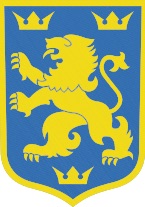
What role Hunka played in this unit remains murky to this day. But what is abundantly clear is that he volunteered his services to a Nazi regime that conceived and implemented the Holocaust and that committed countless war crimes throughout Europe.
Like other ardent Ukrainian nationalists who risked life and limb for the Nazis during this dark period, Hunka must have assumed that Germany would show its gratitude by officially recognizing an independent Ukrainian state. This never happened, much to the bitter disappointment and disillusionment of Ukrainian nationalist leaders like Stepan Bandera.
Hunka was invited to Ottawa by Rota, in whose riding he lives. It appears that Hunka’s son, Martin, contacted Rota’s constituency office to ask whether his father could attend Zelensky’s speech.
Having learned that he had committed an appalling error in inviting Hunka to the House of Commons, Rota issued a heart-felt apology, hoping to keep his job and protect the Liberal Party from further derision. Contrary to his expectations, the controversy only festered and intensified, forcing Rota to resign.
Karina Gould, the Liberals’ House Leader, attempted to resolve the problem with a proposal that sounded politically self-serving. She called on her fellow parliamentarians to pass a unanimous motion to omit Rota’s complimentary introduction of Hunka from official transcripts and to delete the video of the proceedings.
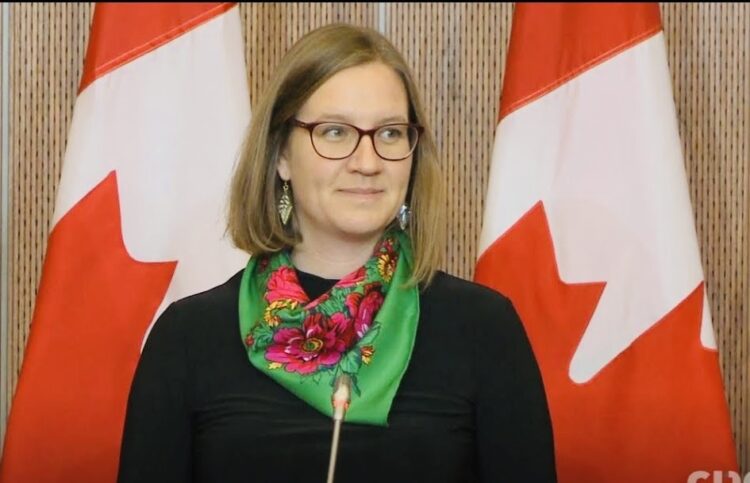
Gould’s proposal, though perhaps sincere and well-meaning, was widely seen as a ploy to extricate Trudeau and his Liberal government from the quandary in which they found themselves in the wake of the Hunka blunder.
Trudeau, then, had no alternative but to bite the bullet and issue what amounted to an abject apology.
“This was a mistake that has deeply embarrassed Parliament and Canada,” he said on September 27 in a brief statement to reporters. “All of us who were in this House … regret deeply having stood and clapped, even though we did so unaware of the context.”
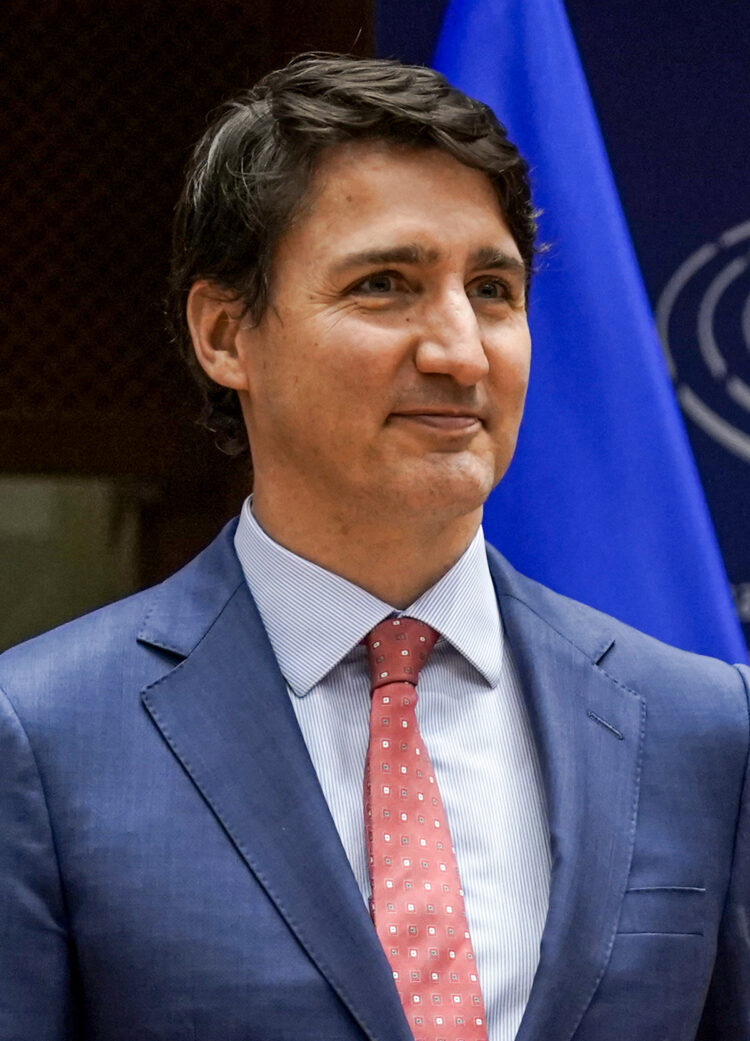
“It was a horrendous violation of the memory of the millions of people who died in the Holocaust,” he went on to say, adding that the celebration of a Nazi-recruited soldier like Hunka was “deeply, deeply painful” to Jewish people, Poles, Roma, the LGBT community and other racialized people in particular — some of the groups that were targeted by the Nazi regime.”
Having realized that Russia has already exploited the incident for its own ends following its invasion of Ukraine in 2022, Trudeau said that “Canada is deeply sorry” for having involved Zelensky in an an incident that could have been avoided had Hunka been professionally vetted.
In a subsequent statement to Parliament, Trudeau said, “Mr. Speaker, on behalf of all of us in this House, I would like to present unreserved apologies for what took place (on September 22), and to President Zelensky and the Ukrainian delegation for the position they were put in. For all of us who were present, to have unknowingly recognized this individual, was a terrible mistake and a violation of the memory of those who suffered grievously at the hands of the Nazi regime.”
Having finally unburdened himself, Trudeau should now call for public and transparent hearings to examine the inept vetting process which ultimately led to this fiasco. And as B’nai Brith has properly suggested, the federal government should declassify the entire contents of the 1986 Deschenes Commission report on Nazi war criminals in Canada.
Its redacted sections might well explain why some 2,000 veterans of the SS Galicia Division, including Hunka, were admitted to Canada in the first place, particularly in light of the fact that it had been declared a criminal organization by the International Military Tribunal during the 1946 Nuremberg Trials.
The Canadian government should never have allowed Nazi-affiliated people like Hunka into the country. What Canadians need to know is why Canada turned a blind eye to such unsavory Ukrainians.
Canada’s misbegotten decision to admit them as immigrants was itself an utter disgrace and an affront to all standards of decency.
